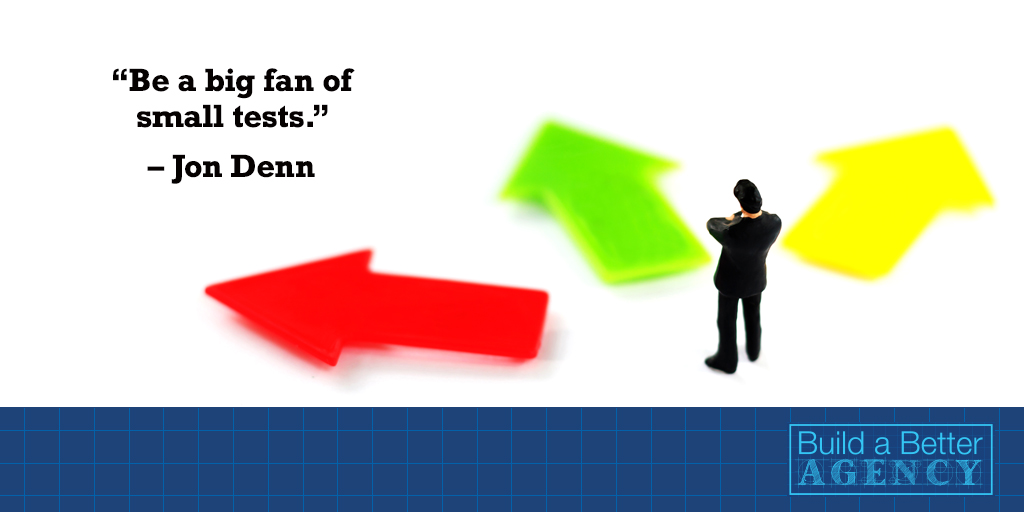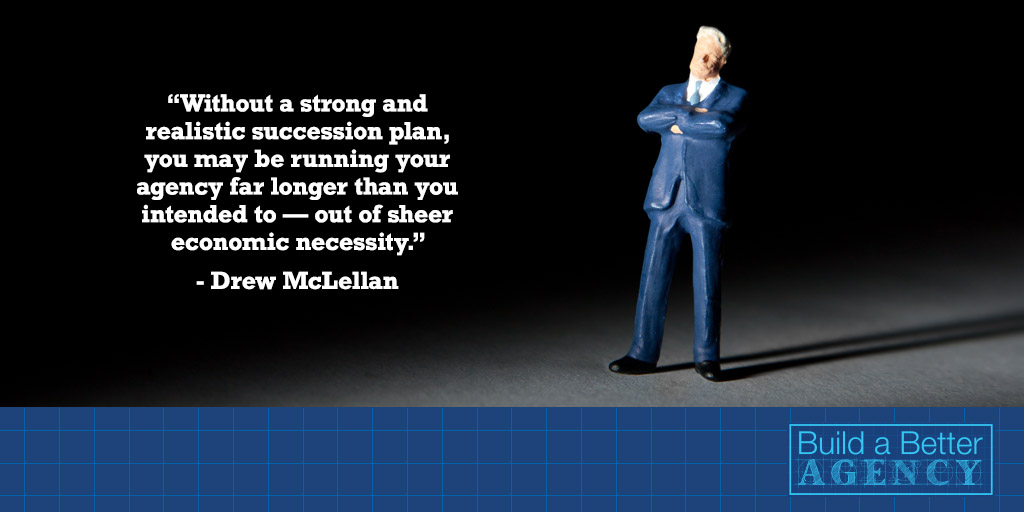For most people, especially the creative types that tend to inhabit the agency world, time management is a hodgepodge of post-it notes, paper to-do lists, and several online tools – all used haphazardly and resulting in missed deadlines, meetings and a sense of being overwhelmed.
I know for me time management has been a series of constant improvements. While I am 95% happy with the system I have today, I always wonder if I could get little more efficient. I remember when I was first starting out in agency life and had no sense of when to walk away from the to-do list. I felt this sense of obligation to stay until the work was done. My problem, everyone’s problem: the work is never done.
So, being productive when you need to be is an agency imperative. That’s why I was looking forward to talking to Jon Denn. Jon is a creative person and has also done a ton of neuroscience research to understand that—guess what—one size does not fit all when it comes to time management tools and strategies.
In this episode, I ask Jon to share insights from his research and provide some perspective. He is a huge proponent of testing or experimentation. So, you can take his basic framework—3 hours of your day broken into chunks that correspond basically with how much mental energy they require—and test it out. He suggests 90 minutes for deep thinking, but quickly acknowledges that 45 or 60 minutes might work best for you. What time of the day are you at your peak? Use that time for your deep thought projects.
Here’s some good news – there’s are reasons why we work at odd hours. I don’t adhere to a strict 9-5 schedule and neither do most agency owners I know. Jon’s time management framework is at once freeing and very focusing.
Jon is the Chief Thinking Officer of Drumbeat Productivity. His background includes serving as a Hotel Chain CEO. Jon ran an adaptive leadership program for 12 years, and is a publisher, entrepreneur, and has been a Vistage CEO Coach and Group Chair since 2014.

What You Will Learn in this Episode:
- How to do small tests to understand when and where your most productive time can be focused
- How to take control the parts of your schedule that matter most
- The difference between doing meetings and idea meetings, and how to manage both
- Why dividing tasks into groups based on the mental energy they require is much more efficient than the traditional “buckets” of work, home, etc.
- How dividing time into 90-minute (deep thought), 60-minute (complex communication), and 30-minute (quick to-do) blocks is so efficient
- Why you shouldn’t force a fit with time management tools
- How to find the time management tools and processes that work for you
- Setting up office-wide “don’t distract me” hours, and then other times to just be social together
Ways to contact Jon Denn:
- Website: drumbeatproductivity.com
- LinkedIn: https://www.linkedin.com/in/jon-denn-20a5805/
It’s something we all dream about – retirement. Selling our agency for big bucks so we can sip Mai Tai’s on the beach. The agency’s name and reputation carrying on with another generation. Or just locking the door and calling it done. All are worthy ends for your shop.
Whatever your dream is – I know that it’s very personal and important to you and I want you to achieve it. But no matter which end game appeals to you, it requires some serious planning (up to a decade before depending on your exit strategy) before you’re ready to walk out the door for the last time. And you’ll need to run your agency differently in terms of how you handle the money and make other key decisions.
Bottom line – the end game is not something you can leave until the end. You’ll need to give it serious thought and as Stephen Covey has long implored us, “begin with the end in mind.”
It starts with some soul searching in terms of how, ideally, you want it to play out and what is possible or at least plausible. Once you’ve figured that out – you need to put your plan into action, so everything is in place when you’re transitioning out and the agency can survive that transition.
Over and over I see agency owners who started too late or didn’t do the homework to build out the details and specificity they needed in their succession plan. That’s the perfect way to limit your options or force you to stick around longer than you want.
I don’t want that to happen to you. In this episode, we’ll take a close look at all of your options and the criteria for each. Hopefully, that will set you up to create a win for you, for your employees, and for potential buyers of your thriving agency.

What You Will Learn in This Episode:
- Building your wealth while you still own your agency
- Succession options for agency owners
- Factors that affect the valuation of your agency when you go to sell
- Why being a generalist decreases the value of your agency
- The value of setting up sources of residual income outside your agency work
- Different options if you want to sell your agency
- How to have candid conversations with potential buyers of your agency
- Why gifting shares of your agency to employees is a bad idea
- Baking succession planning into partnership agreements
- Why you need to go slow when considering merging with another agency
Drew McLellan is the CEO at Agency Management Institute. He has also owned and operated his own agency since 1995 and is still actively running the agency today. Drew’s unique vantage point as being both an agency owner and working with 250+ small- to mid-size agencies throughout the year gives him a unique perspective on running an agency today.
AMI works with agency owners by:
- Leading agency owner peer groups
- Offering workshops for owners and their leadership teams
- Offering AE Bootcamps
- Conducting individual agency owner coaching
- Doing on-site consulting
- Offering online courses in agency new business and account service
Because he works with those 250+ agencies every year — Drew has the unique opportunity to see the patterns and the habits (both good and bad) that happen over and over again. He has also written two books and been featured in The New York Times, Forbes, Entrepreneur Magazine, and Fortune Small Business. The Wall Street Journal called his blog “One of 10 blogs every entrepreneur should read.”
Ways to contact Drew McLellan:
- Email: drew@agencymanagementinstitute.com
- LinkedIn: www.linkedin.com/in/drewmclellan